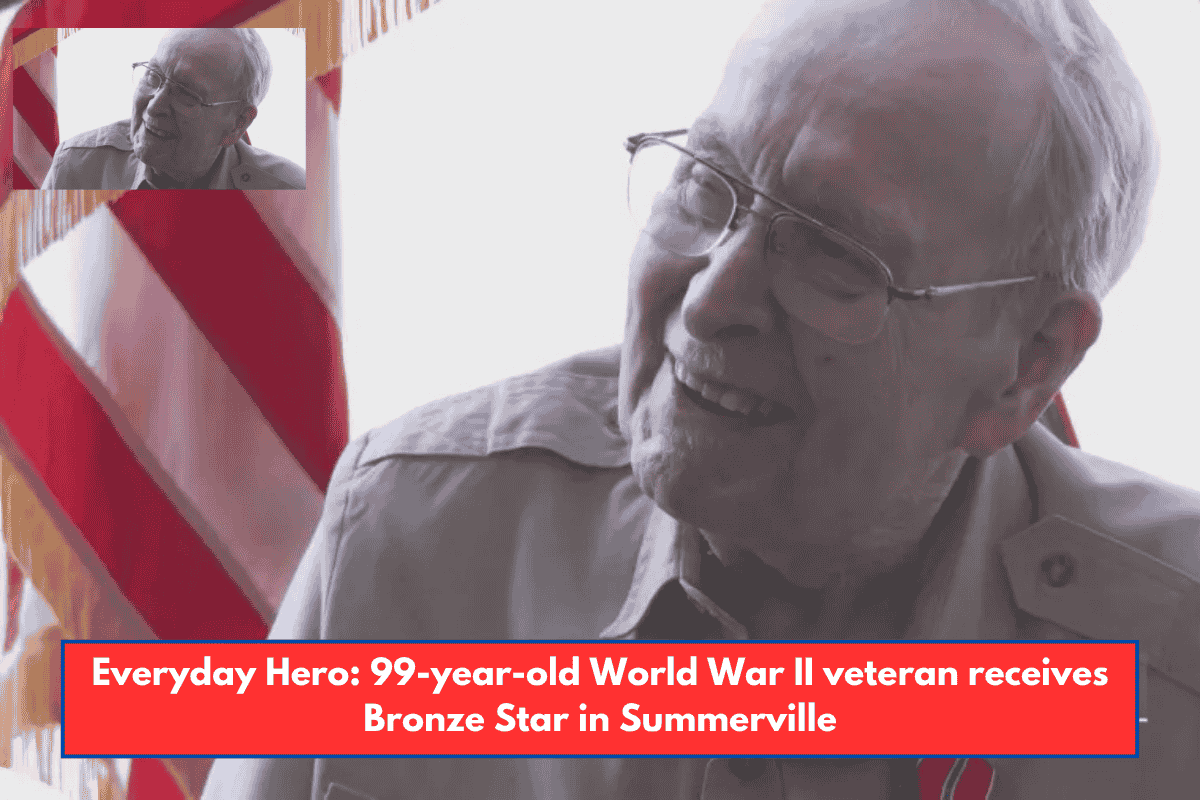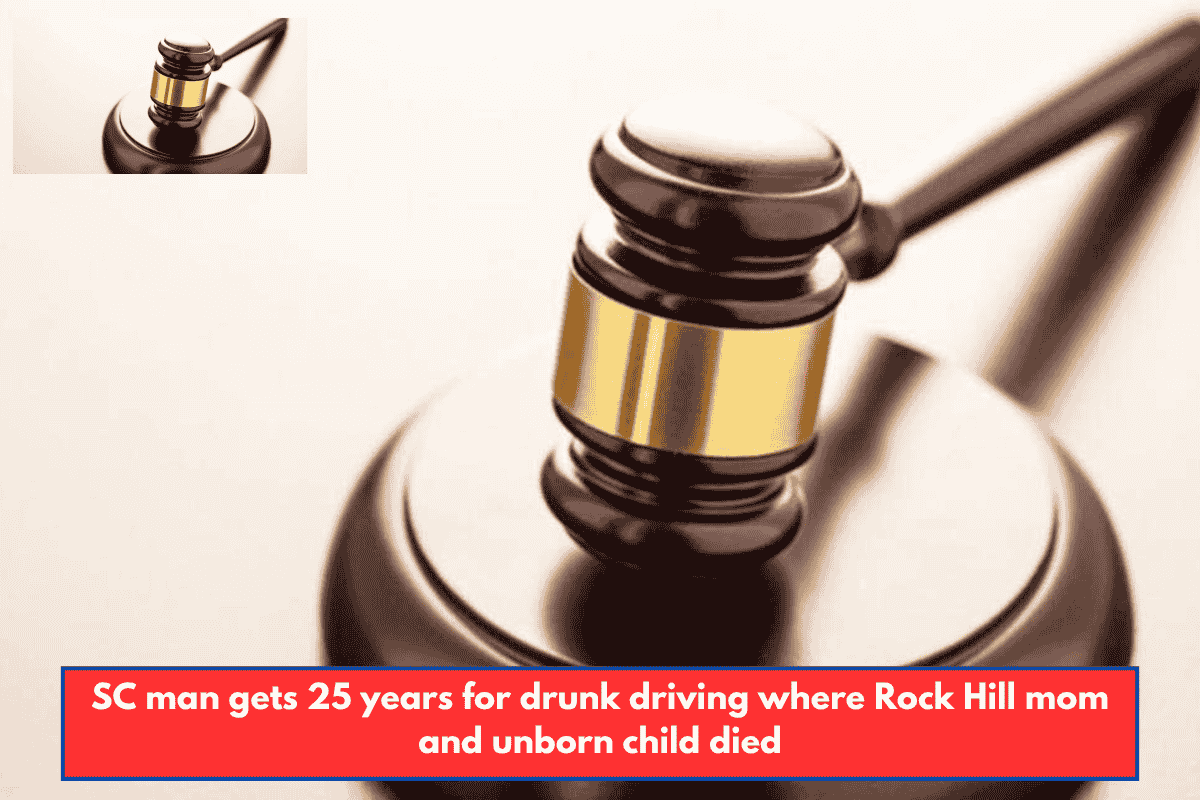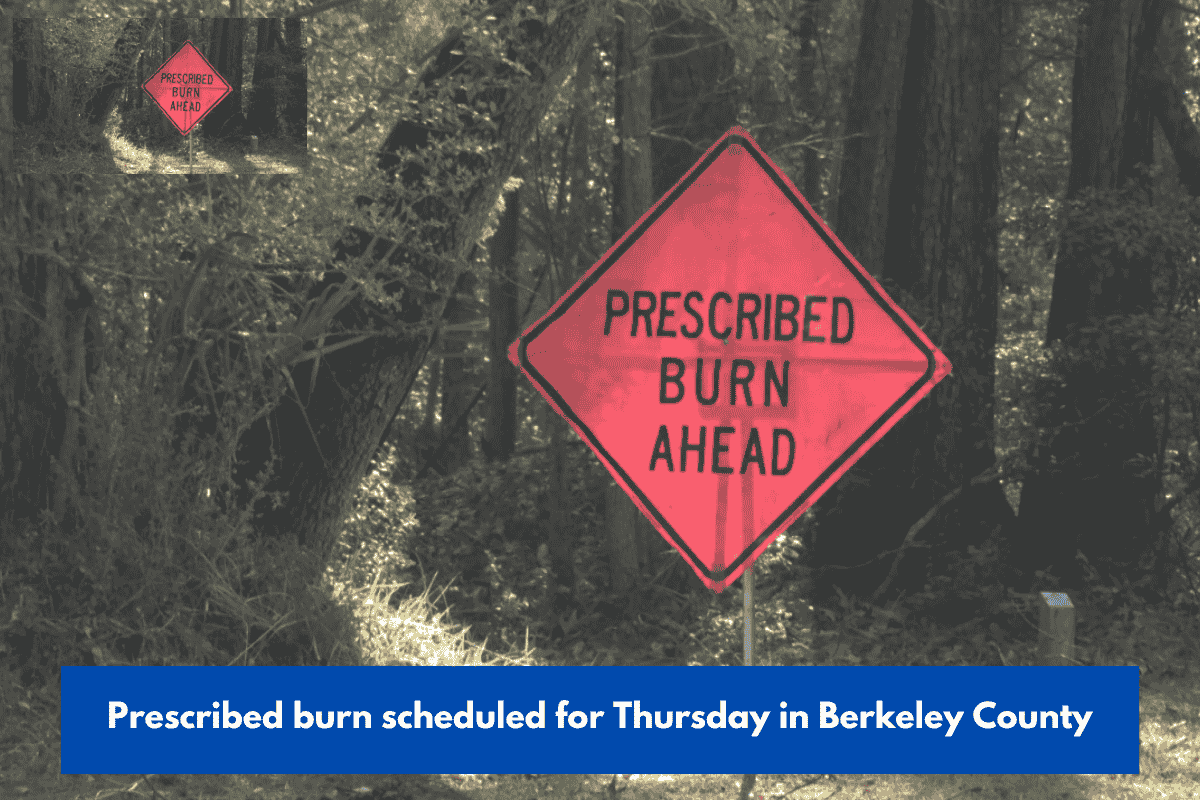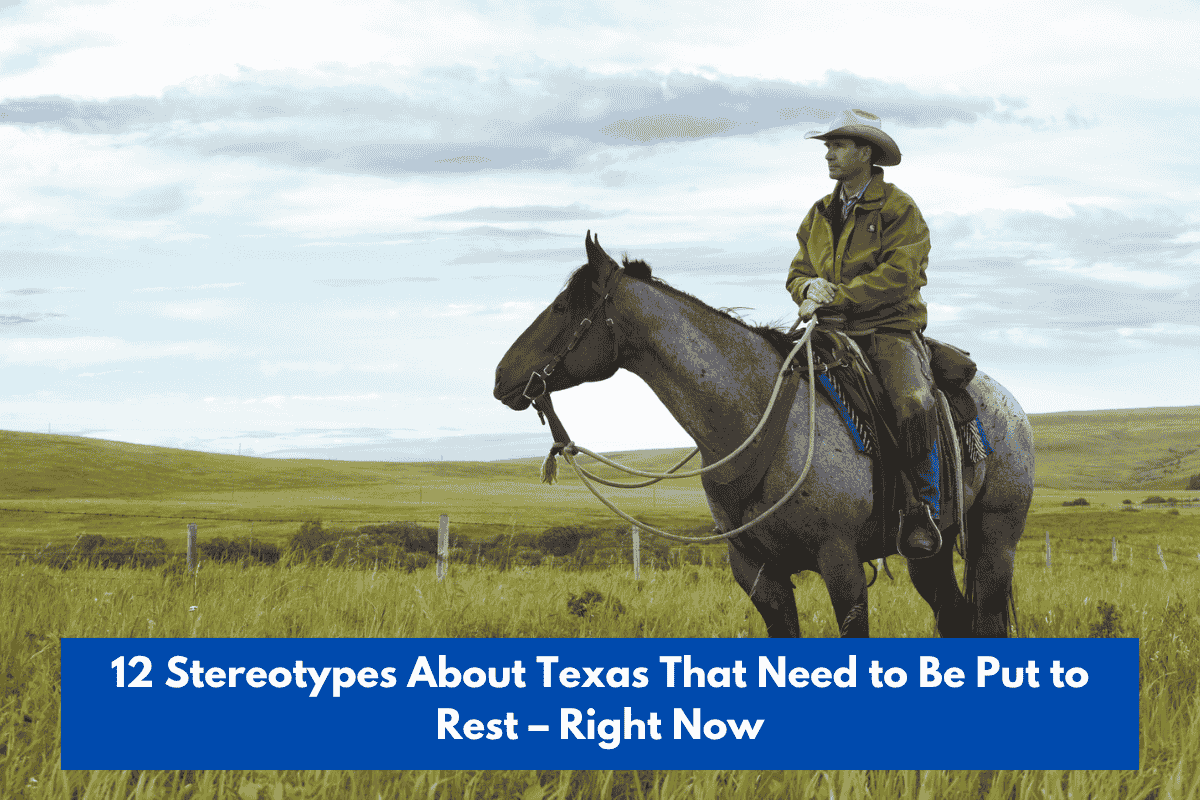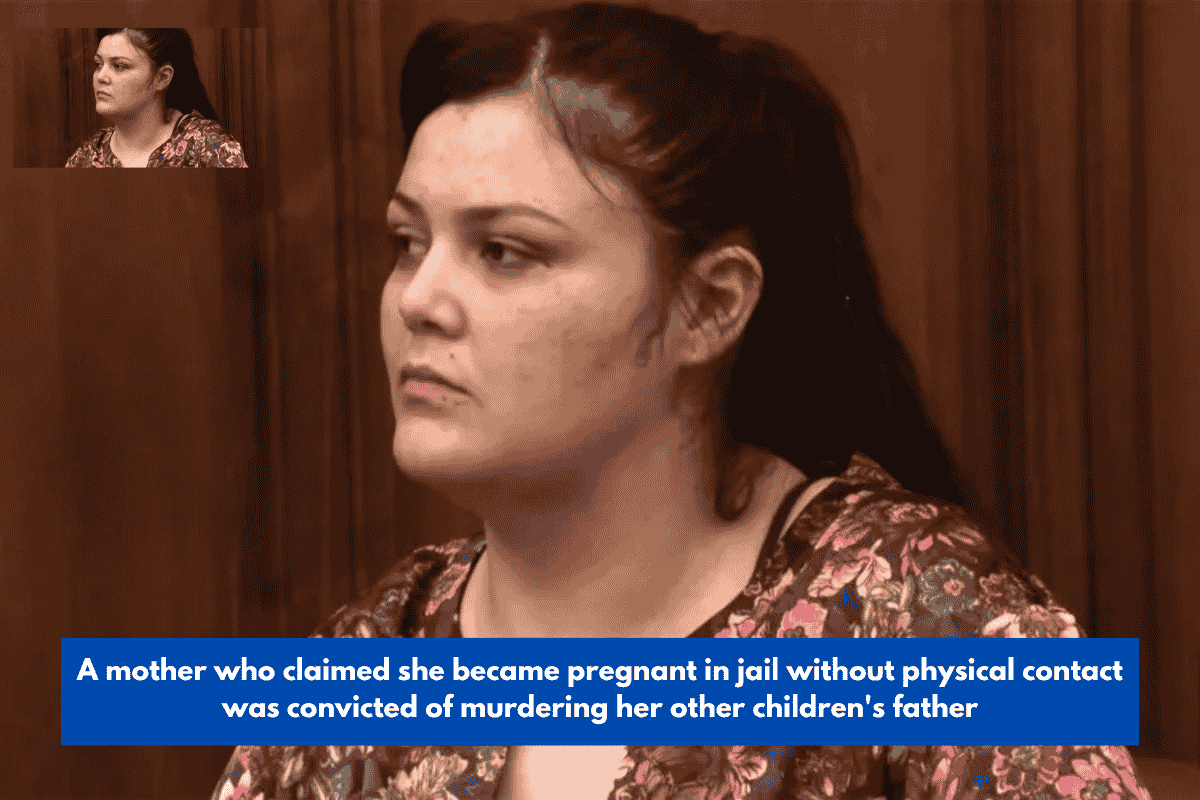North Charleston, South Carolina – According to new data from United Way’s ALICE report, nearly four out of ten Tri-County families are struggling to pay basic essentials including as housing, childcare, and healthcare, despite working full-time.
That data was the topic of Trident United Way’s third annual “State of Our Families” Summit, which took place Tuesday at Trident Technical College. The event brought together regional leaders, businesses, schools, and nonprofit organizations to discuss long-term solutions that might assist thousands of Lowcountry families in achieving financial stability.
The abbreviation ALICE stands for Asset Limited, Income Constrained, and Employed. The term refers to households that earn more than the federal poverty level but not enough to pay the rising cost of living in South Carolina.
Speakers at the conference stated that those families are sometimes neglected since they are employed and appear to be financially secure, yet many are only one unexpected expense away from falling behind.
Natalie Hauff, deputy director of the Charleston County Public Library, emphasized the importance of changing people’s perceptions of who is struggling in the community.
“The biggest misconception is that people living paycheck to paycheck don’t work, but that’s just not true,” Hauff told me. “What ALICE does is spotlight a demographic that you interact with on a daily basis. It’s your child’s daycare teacher. The clerk at the grocery shop. These are people who are vital to our society and economy; without them, where would we be?
Trident United Way estimates that the Tri-County region includes 132,000 households, with around 38% of those classified as ALICE. That implies that tens of thousands of local families are struggling to meet their basic needs, even while working.
The summit featured panel discussions, data presentations, and an interactive “Impossible Choices” simulation in which participants were encouraged to make difficult budgeting decisions similar to those faced by ALICE families each month.
The organizers stated that the goal was not only to raise awareness, but also to stimulate cross-sector collaboration to achieve significant, long-term change.
Trident United Way has unveiled a new regional goal: to lift 15,000 people out of poverty by 2035. Leaders stated that the initiative will necessitate collaboration among charitable organizations, employers, and policymakers.
“This is about helping families build stability that lasts,” Hauff told the audience. “We want people to feel recognized, supported, and hopeful that things will improve. That kind of achievement benefits the entire community.





